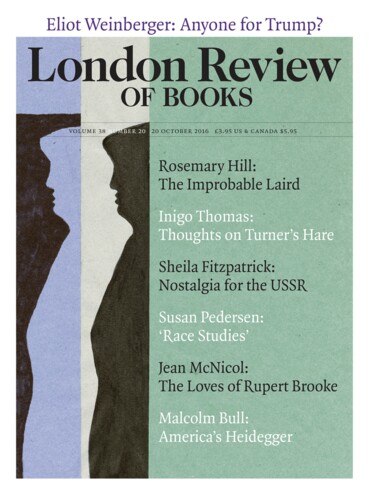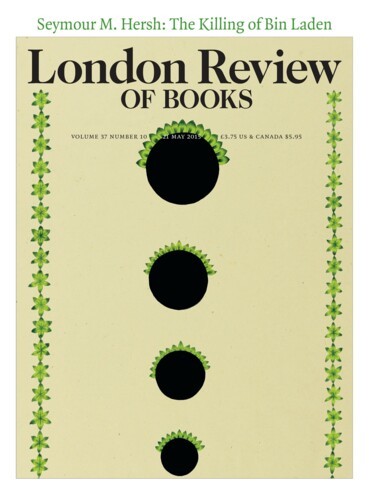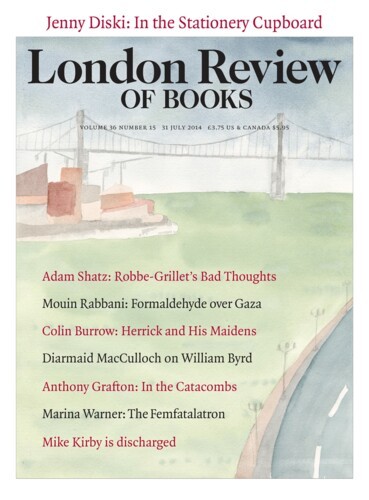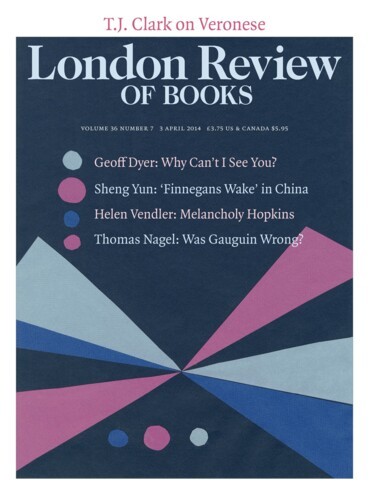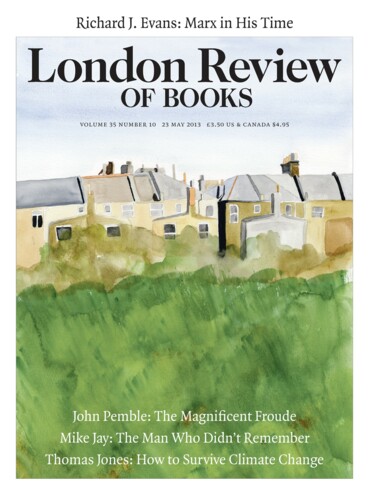Send more blondes: Spies in the Congo
Bernard Porter, 20 October 2016
No one asked the Congolese whether the Americans could take over their treasure to make the most terrifying and destructive weapon the world had seen, and then feed the American appetite for hegemony. They weren’t told of the Congolese component of the Hiroshima bomb until 17 years later. Then they got mad. ‘Bang! What a shock,’ Albert Makelele wrote. ‘A Belgian … stole Congo uranium … which went into a bomb.’
